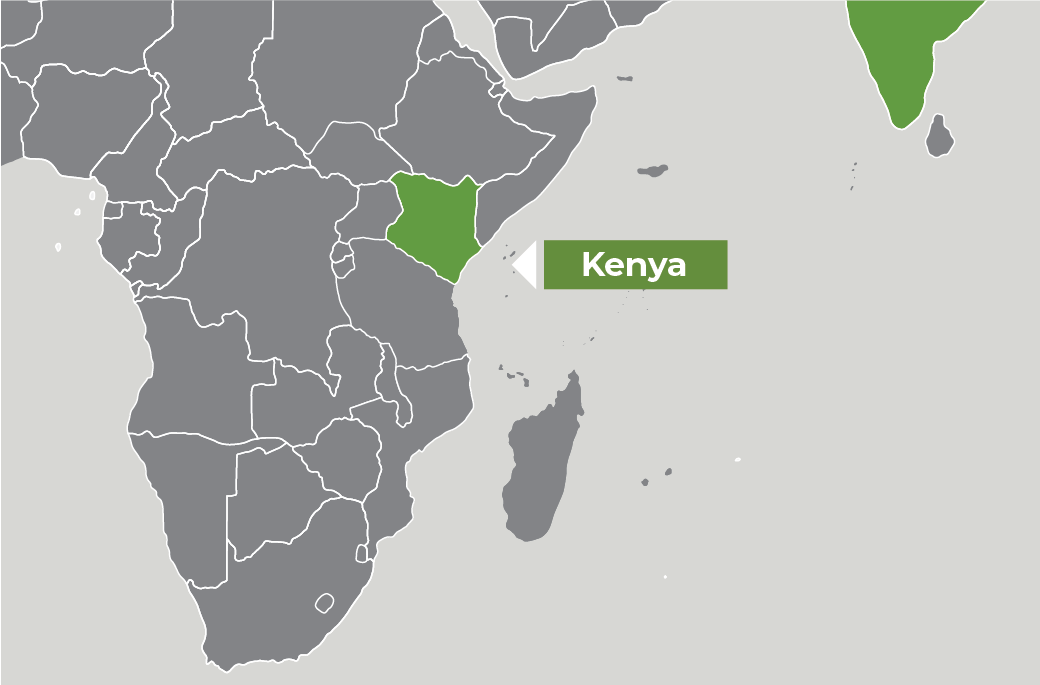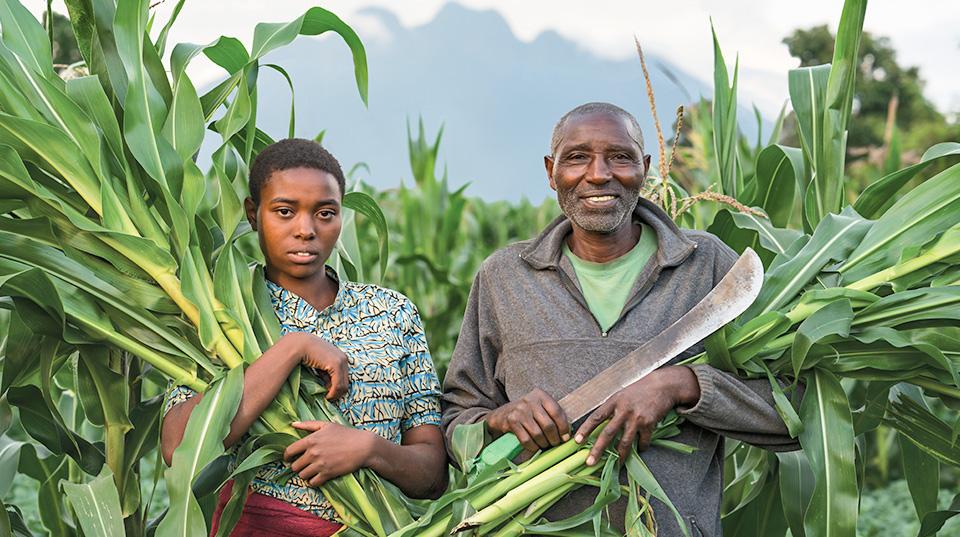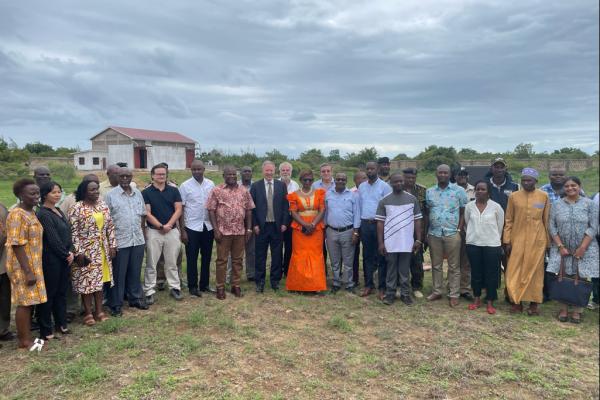Overview
This project aims to develop sustainable and inclusive agri-food value chains benefiting smallholder farming communities through linkages to multinationals’ Environmental, Social and Governance (ESG) strategies.
The project name and acronym—Mradi wa Kuimarisha Kilimo-Biashara Kwale (MKUKI-Kwale)—reflect the crux of the research objectives, with the full name translating to Kwale Agribusiness Strengthening Project, in Swahili and its acronym, MKUKI, translating to spear, representing the sharp, focused, targeted transformation of Kwale.
The project focusses on supporting the transitioning of the Kwale community social system from a reliance on mining to enable an agriculture-based economy, while being more socially inclusive. The project takes advantage of an opportunity for ACIAR to build off an established livelihoods program in Kwale, Kenya, taking a sharp, focused, targeted transformation through Government and private sector buy-in. Existing and established relationships and trust with the smallholder farming community. An existing level of understanding with respect to social dynamics, agronomic conditions, and value chains. The project will build capacity of key influencers and future leaders within the community to maximise the likelihood of sustainable change over the long term. The project team will be looking to validate best-bet approaches for improved agricultural productivity and sustainable farming practices with adoption of climate smart crop varieties, effective water use management, healthy soils management, and effective communication and dissemination of applied scientific outcomes.
Youth development exploring opportunities to engage community youth in research activities is critical for success. The youth engagement focus will start by understanding what they would be interested in being involved in. Farmer capacity-building to improve the depth and breadth of training and enhance training methodology.
One innovative approach will be developing audio-based farmer training that can be scaled out at marginal cost through short, audible, interactive stories capturing key farmer training, bringing traditional storytelling techniques together with technology.
Equipping the private sector with a documented, evidence-based change model for a sustainable and inclusive agribusiness value chain, enabling them to better understand how to replicate this approach in their own businesses will be a key featuring in scaling the outcomes of the project.
Expected project outcomes
- Identification and capacity-building of key influencers and future leaders within the community, to maximise the likelihood of sustainable change.
- Scientifically validating the best-bet approaches for improved agricultural productivity and sustainable farming practices with adoption of climate smart crop varieties, effective water use management, healthy soils management, and effective communication and dissemination of applied scientific outcomes.
- Youth development: exploring opportunities to engage community youth in research activities under this project, starting with youth engagement activities to understand what they would be interested in being involved in.
- Farmer capacity-building to improve the depth and breadth of training and enhance training methodology.
- Developing innovative, audio-based farmer training that can be scaled out at marginal cost through short, audible, interactive stories capturing key farmer training, bringing traditional storytelling techniques together with technology.
- Adoption of modern farming techniques, including climate resilient farming practices (e.g., water conservation).
- Transitioning of the Kwale community social system from a reliance on mining to enable an agriculture-based economy, while being more socially inclusive.
- Equipping the private sector with a documented, evidence-based change model for a sustainable and inclusive agribusiness value chain, enabling them to better understand how to replicate this approach in their own businesses.





